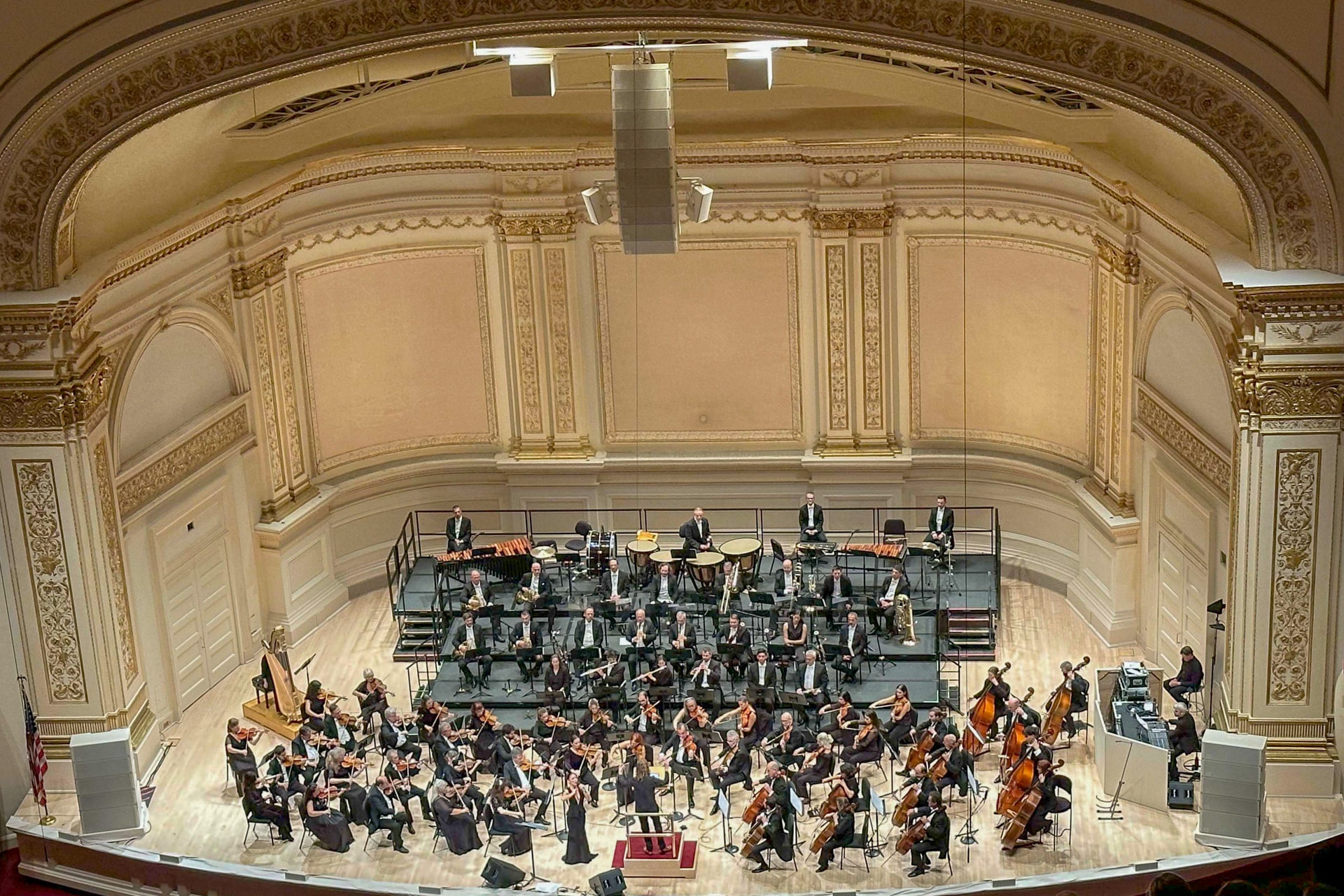At the prestigious Carnegie Hall, the immortal diva and Queen of Fado, Amália Rodrigues, was given tribute by the Portuguese Symphony Orchestra. A remarkable concert dedicated to the work and legacy of Amália and her impact on worldwide audiences, this performance was the orchestra’s U.S. debut. It should be no surprise that the debut would take place at Carnegie, especially considering Amália herself performed at the venue in 1952 and 1975.
No doubt Amália is famed for her singing skills and as the most universal of Portuguese figures of the 20th century, but her passion for diverse musical styles and her ability to unify such styles is what truly makes her one of the world’s most talented singers. The Portuguese Symphony Orchestra and its conductor, Jan Wierzba, are no doubt aware of such a legacy, having the concert be a mixture of Portuguese classics and pieces from the Great American Songbook (one of her landmark albums was “Amália Na Broadway”).
Of course, a tribute concert to Amália would be nothing without the power and trance of fadistas. The critically acclaimed soloists, Raquel Tavares and Ricardo Ribeiro sang folk and traditional songs from the homeland in the first part, while the famed Cristina Branco sang Broadway and Songbook classics that Amália herself recorded during her international career.
As the son of first-generation immigrants, not only was it invigorating to hear fado at such an esteemed venue, but it was also comforting to hear Portuguese both on and off stage in this New York cultural landmark. Singing, like many art forms, often expresses what cannot be said simply in speech, and can transcend language barriers to evoke emotions.
The fadistas of the performance, like Amália, are ambassadors of the Portuguese language and culture to New York City and the United States as well. The concert, “Amália in America – Beyond Fado”, is not only a dedication to the cultural connections that Amália built between Portugal and America, but it is a testament to her role as a universal symbol of Portuguese music and the lasting splendor of fado.






0 Comments